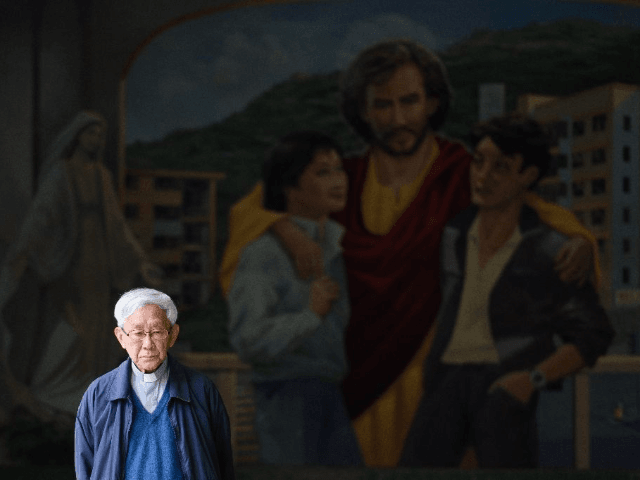The redoubtable Cardinal Joseph Zen said this week that he is prepared to suffer arrest and trials under Hong Kong’s draconian new National Security Law.
“If right and proper words were considered against their law, I will endure all the suing, trials, and arrests. Numerous predecessors have endured similarly,” the 88-year-old cardinal said in a video posted on Facebook.
“Perhaps they are truly insane. Who knows? Let them be then,” the cardinal said. “Isn’t there a saying: ‘Those whom God wishes to destroy, he first makes mad’?”
In late May, China’s National People’s Congress (NPC) hastily passed a draft law eliminating Hong Kong’s autonomy and enabling the Communist Party to punish anyone in the nominally autonomous city for crimes such as “secession” and “acts against national security.”
Last Tuesday, Chinese President Xi Jinping signed a decree enacting the National Security Law, unleashing global condemnation, and provoking widespread concern among participants in the Hong Kong pro-democracy movement.
Cardinal Zen’s allusion to possible arrest under the new law was not an exercise in rhetoric, observers note, but a simple statement of fact.
In a late June, International Christian Concern (ICC) stated that under the new law, “vocal Hong Kong clergy who have been supportive of Hong Kong’s democracy movement, such as Cardinal Joseph Zen and Auxiliary Bishop Joseph Ha Chi-shing, could be extradited to mainland China to be tried, since Beijing considers them to be threats to the regime.”
The many Christian leaders who have spoken out against the Hong Kong government might face the same fate, ICC continued, “since Beijing has said it considers the mass protests that began last June as terrorist acts and any calls for Hong Kong’s independence from China as acts of sedition.”
Bizarrely, Cardinal John Tong Hon, the current apostolic administrator of the Diocese of Hong Kong, has dismissed concerns that the new law poses a risk to religious freedom.
“I personally believe that the National Security Law will have no effect on religious freedom, because Article 32 of the Basic Law guarantees that we have freedom of religion, and we can also openly preach and hold religious ceremonies, and participate in religious activities,” the cardinal said last week.

COMMENTS
Please let us know if you're having issues with commenting.